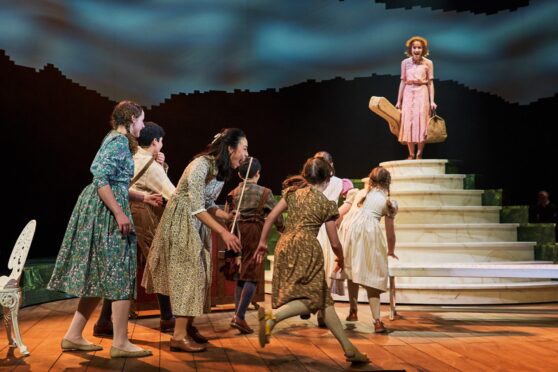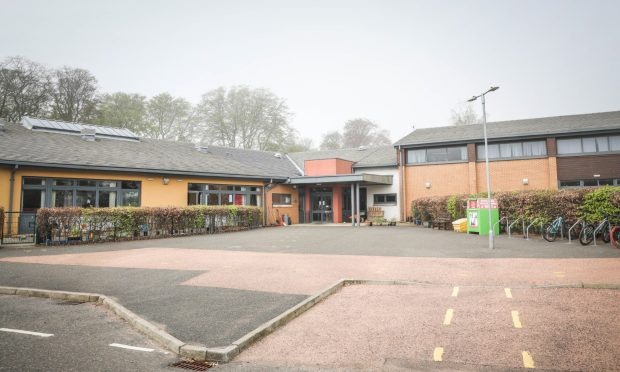Teachers’ reports of pupils deliberately coughing on them when they reinforce coronavirus rules have been revealed with the launch of a union campaign.
The social media drive #NotAtAllCosts by Scotland’s largest teaching union highlights teachers’ fears about school buildings remaining open even in areas where Covid-19 infection levels are high.
The Educational Institute of Scotland said it reflected deep worries about pupils and teachers sharing often crowded classrooms where social distancing is impossible.
The EIS and its members support the Scottish Government’s aim of keeping schools open, but not at all costs. The safety of pupils and staff has to be the priority. #NotAtAllCosts pic.twitter.com/HpAtJBtgmh
— EIS (@EISUnion) December 11, 2020
A briefing sent to the First Minister includes teachers’ testimonies of being unable to socially distancing in large classes and some pupils’ behaviour when they are pulled up for failing to adhere to safety measures.
Hashtag
Teachers across Scotland will support the campaign by sharing their own experiences of working in schools during the pandemic, using the hashtag #NotAtAllCosts.
In a letter to Nicola Sturgeon, EIS general secretary Larry Flanagan says: “You will be aware EIS members have been clear in supporting the priority of keeping schools open, despite their very real concerns about safety, but not at all costs, First Minister.”
Referring to the briefings which include tales from the chalkface, Mr Flanagan said: “As you will read, teachers are working in crowded classrooms where social distancing is not possible, often with inadequate cleaning supplies and protections.
Mounting workload and the stress of working under such conditions is having a significant impact on the mental health and resilience of our education workforce.”
EIS general secretary Larry Flanagan
“Schools are not Covid-free environments – look at the evidence – and current mitigations are not keeping staff or pupils safe enough.
“Mounting workload and the stress of working under such conditions is having a significant impact on the mental health and resilience of our education workforce.”
The union has also urged Education Secretary John Swinney to urgently rethink his refusal to close schools early ahead of the Christmas holiday.
What do teachers say?
Thousands of comments from teachers were collected by an EIS survey in November.
They include stories of teachers feeling unsupported when they challenge pupils not following guidance, worries about a lack of PPE, and large classes making it impossible to socially distance.
These are some of the things teachers said:
- “It is impossible, due to pupil behaviour, to stay two metres away at all times as circulating room is necessary for any teaching and learning to take place in some classes. Pupils have no regard for staying two metres away and often refuse to wear masks. Is it going to take deaths before we are taken seriously?”
- “Schools are simply not safe. Pupil behaviour is deteriorating rapidly and the number of cases is clearly rising due to schools being left open ‘at all costs’.”
- “Please look into additional mitigations for carers of vulnerable people. I live with my 89-year-old mother who is physically vulnerable and has dementia. I feel that there is a one size fits all approach to Covid-related health and safety.”
- “Rooms are unable to be ventilated – windows and doors open since August. Despite this, we are being told to shut windows now due to cold. Huge workload pressure due to additional assessments and support. Pupils refusing to abide by guidelines and coughing on you if you need to redirect behaviour.”
- “I haven’t been able to see my own family for over 2 months now, yet it’s ok for me to stand in front of 25 families! Blended learning should have happened from August where two-metre distancing could have happened and cases probably would have remained stable.”
Mr Flanagan told Ms Sturgeon: “I would ask that you read the comments from the classroom and that moving forward your government does more to acknowledge and address the real fear and anxieties which exist in schools than has been the case to date, especially when we have areas operating at level four.”
The Scottish Government has been approached for comment.










